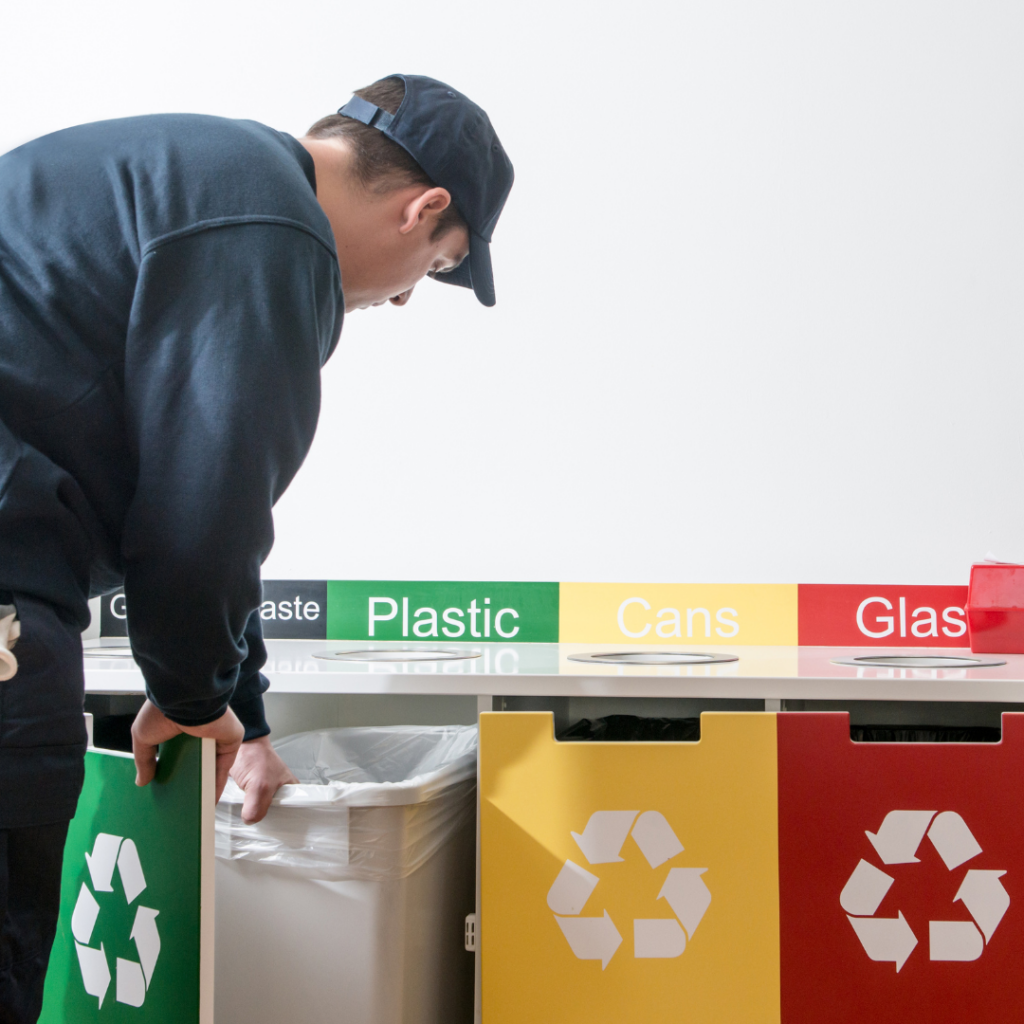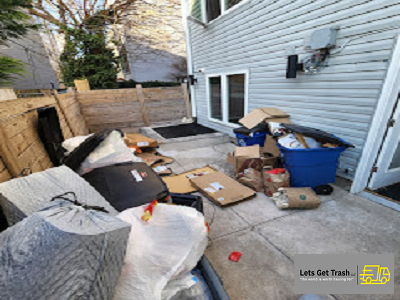In the bustling city of Philadelphia, where urban life thrives alongside a commitment to sustainability, implementing effective recycling programs in offices is not just a responsibility but a significant step towards environmental stewardship. As businesses increasingly recognize their role in reducing environmental impact, adopting robust recycling initiatives becomes essential to contributing positively to the local community and beyond.
Understanding Philadelphia’s Recycling Landscape
Philadelphia, like many cities, has specific regulations and guidelines regarding recycling. It’s crucial for businesses to familiarize themselves with these requirements to ensure compliance and maximize the effectiveness of their recycling efforts. The city’s recycling program covers various materials including paper, plastics, glass, and metals, with guidelines on what can and cannot be recycled.
Understanding Philadelphia’s recycling landscape involves exploring various facets of how the city manages its recycling efforts, including policies, challenges, community engagement, and environmental impact. Understanding Philadelphia’s recycling landscape involves recognizing both its successes and ongoing challenges. By addressing these challenges through policy updates, community engagement, and technological advancements, the city can continue to enhance its recycling efforts and contribute to environmental sustainability.

Steps to Implementing a Successful Recycling Program
Assess Current Practices:
Begin by evaluating your office’s current waste management strategies. Identify areas where recycling can be improved and determine the types and volumes of recyclable materials generated. Assessing current recycling practices involves evaluating the effectiveness, efficiency, and sustainability of how recycling programs operate within a specific context, such as Philadelphia.
Designate Recycling Stations:
Set up clearly labeled recycling stations throughout the office. Place bins strategically in high-traffic areas such as kitchens, copy rooms, and near desks to encourage easy access and participation. Designating recycling stations involves strategically placing locations where residents can drop off recyclable materials. This approach complements curbside recycling programs by providing convenient alternatives for those who may not have access to curbside pickup or who generate large volumes of recyclables.
Educate and Engage Employees:
Education is key to the success of any recycling program. Conduct training sessions or workshops to educate employees about what materials can be recycled and the proper way to sort them. Create awareness campaigns to engage and motivate employees to participate actively in recycling efforts. Educating and engaging employees in recycling efforts is crucial for fostering a culture of sustainability within organizations. By empowering employees with knowledge and encouraging active participation, businesses can significantly contribute to reducing waste, conserving resources, and promoting environmental responsibility.
Partner with Waste Management Providers:
Collaborate with reputable waste management companies in Philadelphia that offer recycling services. Ensure they understand your office’s specific needs and can provide tailored solutions to support your recycling goals. Partnering with waste management providers is essential for organizations aiming to enhance their recycling efforts and overall sustainability. Collaborating with these providers can leverage their expertise, resources, and infrastructure to improve waste diversion, reduce environmental impact, and optimize recycling processes.
Monitor Progress and Improve:
Establish metrics to track the effectiveness of your recycling program. Monitor the volume of recyclables collected versus landfill waste and use this data to identify areas for improvement and celebrate successes. Monitoring progress and continuous improvement are critical components of successful recycling and sustainability initiatives. Organizations must establish robust mechanisms to track performance metrics, analyze data, and implement strategies for ongoing enhancement.
Promote Sustainability Beyond Recycling:
Encourage sustainable practices beyond recycling, such as reducing paper usage, using energy-efficient appliances, and promoting alternative transportation methods among employees. Promoting sustainability beyond recycling involves expanding efforts to address broader environmental, social, and economic impacts. While recycling is a crucial aspect of sustainability, organizations can adopt comprehensive strategies that encompass additional initiatives to minimize environmental footprint and contribute positively to society.
Benefits of Implementing a Recycling Program
Implementing a robust recycling program in your Philadelphia office offers numerous benefits:
Environmental Impact:
Reduces landfill waste and conserves natural resources.
Cost Savings:
Decreases waste disposal costs and potentially earns revenue from recycled materials.
Corporate Responsibility:
Enhances corporate image and demonstrates commitment to sustainability.
Employee Engagement:
Boosts morale and fosters a sense of environmental responsibility among staff.
Conclusion
In conclusion, adopting and maintaining an effective recycling program in Philadelphia offices is not just about compliance with regulations but also about making a positive contribution to the environment and the community. By following these steps and fostering a culture of sustainability, businesses can play a significant role in preserving Philadelphia’s environment for future generations while reaping the benefits of a greener, more responsible workplace.
Contact Us for a Cleaner Tomorrow! Let’s Get Trash 6832 New State Rd, Philadelphia, PA 19135, United States. Let’s take proactive steps today to build a more sustainable tomorrow for Philadelphia and beyond.






